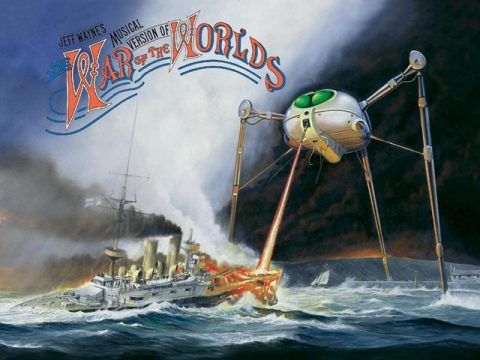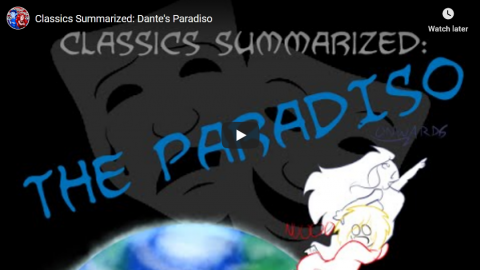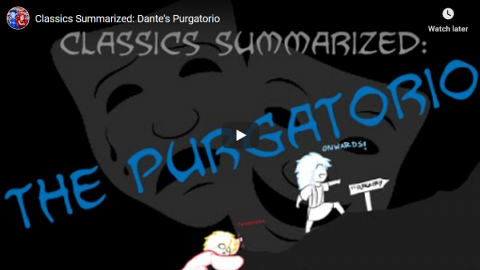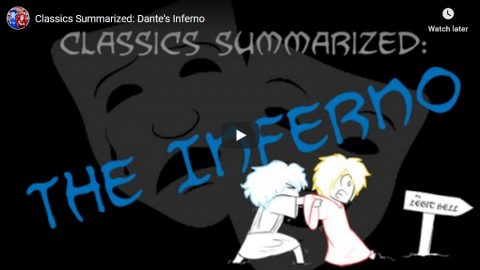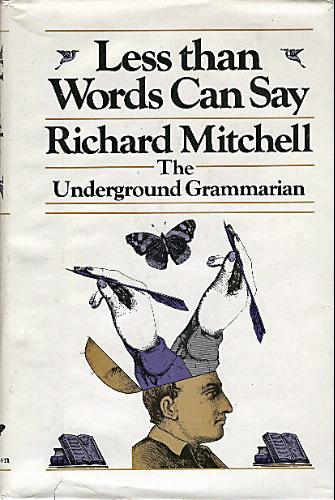Colby Cosh retweeted this link that is certainly an interesting look at one of the more obscure characters in J.R.R. Tolkien’s Middle Earth:
Consider: By his own account (and by Elrond’s surprisingly sketchy knowledge) Bombadil has lived in the Old Forest since before the hobbits came to the Shire. Since before Elrond was born. Since the earliest days of the First Age.
And yet no hobbit has ever heard of him.
The guise in which Bombadil appears to Frodo and his companions is much like a hobbit writ large. He loves food and songs and nonsense rhymes and drink and company. Any hobbit who saw such a person would tell tales of him. Any hobbit who was rescued by Tom would sing songs about him and tell everyone else. Yet Merry – who knows all the history of Buckland and has ventured into the Old Forest many times – has never heard of Tom Bombadil. Frodo and Sam – avid readers of old Bilbo’s lore – have no idea that any such being exists, until he appears to them. All the hobbits of the Shire think of the Old Forest as a place of horror – not as the abode of a jolly fat man who is surprisingly generous with his food.
If Bombadil has indeed lived in the Old Forest all this time – in a house less than twenty miles from Buckland – then it stands to reason that he has never appeared to a single hobbit traveller before, and has certainly never rescued one from death. In the 1400 years since the Shire was settled.
What do we know about Tom Bombadil? He is not what he seems.
Elrond, the greatest lore-master of the Third Age, has never heard of Tom Bombadil. Elrond is only vaguely aware that there was once someone called Iarwain Ben-Adar (“Oldest and Fatherless”) who might be the same as Bombadil. And yet, the main road between Rivendell and the Grey Havens passes not 20 miles from Bombadil’s house, which stands beside the most ancient forest in Middle Earth. Has no elf ever wandered in the Old Forest or encountered Bombadil in all these thousands of years? Apparently not.
Gandalf seems to know more, but he keeps his knowledge to himself. At the Council of Elrond, when people suggest sending the Ring to Bombadil, Gandalf comes up with a surprisingly varied list of reasons why that should not be done. It is not clear that any of the reasons that he gives are the true one.
Now, in his conversation with Frodo, Bombadil implies (but avoids directly stating) that he had heard of their coming from Farmer Maggot and from Gildor’s elves (both of whom Frodo had recently described). But that also makes no sense. Maggot lives west of the Brandywine, remained there when Frodo left, and never even knew that Frodo would be leaving the Shire. And if Elrond knows nothing of Bombadil, how can he be a friend of Gildor’s?
What do we know about Tom Bombadil? He lies.
A question: what is the most dangerous place in Middle Earth? First place goes to the Mines of Moria, home of the Balrog, but what is the second most dangerous place? Tom Bombadil’s country.
By comparison, Mordor is a safe and well-run land, where two lightly-armed hobbits can wander for days without meeting anything more dangerous than themselves. Yet the Old Forest and the Barrow Downs, all part of Tom’s country, are filled with perils that would tax anyone in the Fellowship except perhaps Gandalf.
Now, it is canonical in Tolkein that powerful magical beings imprint their nature on their homes. Lorien under Galadriel is a place of peace and light. Moria, after the Balrog awoke, was a place of terror to which lesser evil creatures were drawn. Likewise, when Sauron lived in Mirkwood, it became blighted with evil and a home to monsters.
And then, there’s Tom Bombadil’s Country.
The hobbits can sense the hatred within all the trees in the Old Forest. Every tree in that place is a malevolent huorn, hating humankind. Every single tree. And the barrows of the ancient kings that lie nearby are defiled and inhabited by Barrow-Wights. Bombadil has the power to control or banish all these creatures, but he does not do so. Instead, he provides a refuge for them against men and other powers. Evil things – and only evil things – flourish in his domain. “Tom Bombadil is the master” Goldberry says. And his subjects are black huorns and barrow wights.
What do we know about Tom Bombadil? He is not the benevolent figure that he pretends to be.




